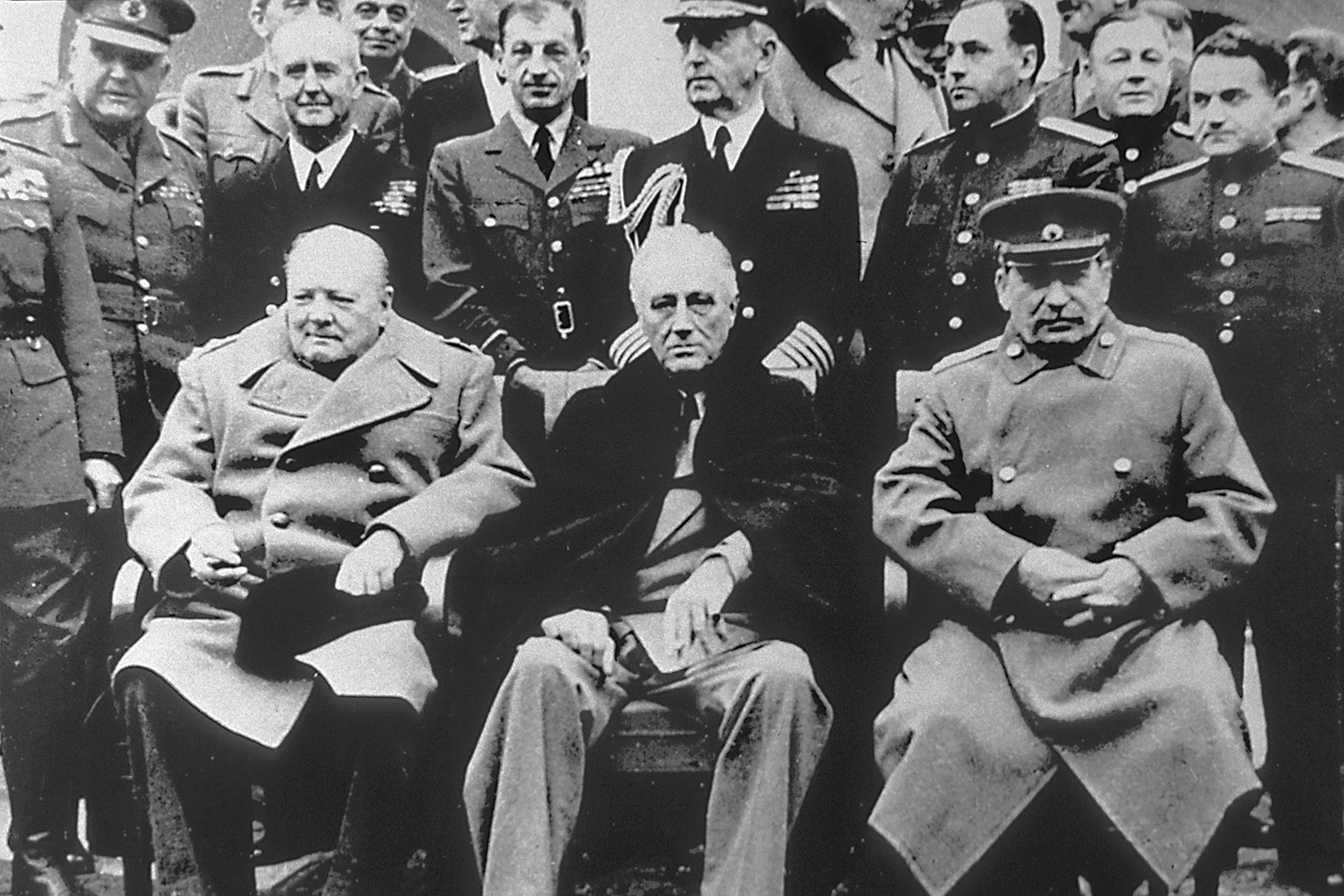

*Recognized the Treaty of Versailles had failed and in part led to World War II. *Veteran of the Boer War and World War I. *Recognized British politician for over 60 years. Leader: Winston Churchill, Prime Minister Joseph Stalin, Premier of the Soviet Union Winston Churchill, Prime Minister of Great Britainįranklin Roosevelt, President of the United States Be prepared to defend your country’s stand on the issues and willingness to negotiate a resolve with the other Allied leaders. Determine your country’s position on each of the topics to be discussed at the conference. Read the descriptor page describing your country’s desires on various issues concerning World War II and the post-war era. Task: As diplomats of the primary Allied countries, it will be your job to represent your country’s wishes at the Conference at Yalta.

The scope of this conference will focus on what to do in the time period following World War II. However, unlike previous meetings which discussed war tactics, victory in Europe is a forgone conclusion. The principle members of the Allies will meet once again to discuss the progress of the war. Even though Japan continues to fight on, Italy has been knocked out of the war, and Germany appears to be in the final weeks before it is forced to surrender. This can be done as a homework assignment or a class project with teacher guidance. They will fill out the Yalta Conference Lives On worksheet. Following the debate, a class discussion will debrief the students to determine how closely they mirrored history and discuss the difficulties of the debate considering the factors influencing them.įinally, students will examine each of the issues discussed at the Conference of Yalta and trace their development through the Truman Presidency to the modern era. Students will then write a paragraph on each issue to prepare a statement of their beliefs and talking points to be pursued in the debate.Īt a subsequent class, a debate will be held to discuss each issue and determine which option the delegates will agree to at the Conference of Yalta. Students will familiarize themselves with their roles using the sheets and by conducting additional research using the sources noted above. Students will be under strict instruction to fulfill their roles as opposed to personal contemporary beliefs. Each group will be provided the role sheet for their respective country noted below. Students will be divided into groups to fulfill the roles of Franklin Roosevelt, Winston Churchill, and Joseph Stalin at the Conference at Yalta. (A) evaluates the foreign policies of Truman and Eisenhower during the Cold War (e.g., establishment of the United Nations, containment, NATO, Truman Doctrine, Berlin Blockade, Korean War, Iron Curtain, U-2 incident).

(K) explains why the United States emerged as a superpower as the result of World War II.Ģ.(A) analyzes the origins of the Cold War (e.g., establishment of the Soviet Bloc, Mao’s victory in China, Marshall Plan, Berlin Blockade, Iron Curtain).ģ.

The use of tools of social science inquiry (such as surveys, statistics, maps, documents)ĢaD-Describe and evaluate the evolution of the United States domestic and foreign policy including the Cold War.ĢbG-Examine the wars of the 20th century, including: causes, comparisons, consequences, and peace efforts.ģB-Compare and contrast governmental systems, current and historical, including those that are democratic and totalitarian.ħB-Distinguish between primary and secondary sources.īenchmark 3: The student uses a working knowledge and understanding of individuals, groups, ideas, developments, and turning points in the era of the Cold War (1945-1990).ġ. Relationships of the individual and groups to institutions and cultural traditionsħ. Continuity and change in the history of Missouri, the United States and the worldĦ.


 0 kommentar(er)
0 kommentar(er)
